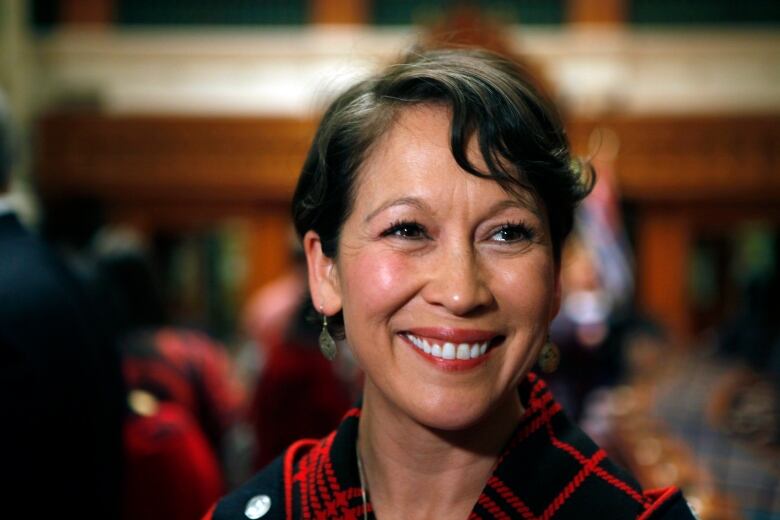B.C. economy would take hit if province lost international students, report says
B.C. Federation of Students wants to see cap on tuition hikes for international students

International post-secondary students contribute big bucks to B.C.'s economy, a new report says, but that cash could be at risk due to rising tuition fees.
The B.C. Federation of Students released areport this week that found international students spend over $3.1 billion in B.C. each year, creating more than 26,000 jobs and contributing more than $1.7 billion to the provincial GDP.
"There's quite a reliance on international students but at the same time there's no regulation on international tuition fees. So that makes it a bit of a precarious situation," saidLauraCeleste,the report's author.
"Should anything happen and international students decide to go to a different province or a different country then our province would be in a bit of trouble."
Under provincial policy, tuition rates for domestic students can't be increased by more than two per cent each year, but there are no controls dictating tuition increases for international students.
While the report's figures did not make distinctions based on the type of institution attended, it noted fees "vary widely" between schools.
Celeste says institutions are often tempted to raise fees for international students but that could ultimately drive those students away.
Unpredictabilitybiggest issue
The B.C. Federation of Students reportcalls fora limit on feespost-secondary institutions can charge international students, similar to the cap on domestic students' fees.
"The main idea is just to have some predictability for international students so they can actually budget for their time in B.C.," Celeste said.
From a dollars and cents perspective, Celeste said B.C.'s international students who numbered 113,000 in 2015, the report said are essential for subsidizing the tuition of domestic students.
The report found international tuition fees increased almost five times from their 1991 levels by 2017.By comparison, the fees for domestic students have increased to slightly less than three times their 1991 levels.
The report says B.C. now has the second highest international tuition fees in Canada.
Minister blames previousgovernment
In a statement, Minister of Advanced Education Melanie Mark said her government was working on a variety of issues related to international students.

"Our government is engaging with the education sector, students and other partners to develop a renewed strategic approach to international education focused on positive student experience and not just enrolment numbers," Mark said.
A ministry spokesperson said issues highlighted in the B.C. Federation of Students' report would be discussed as part of a "renewed" approach to international education under development.












_(720p).jpg)


 OFFICIAL HD MUSIC VIDEO.jpg)
.jpg)



























































































